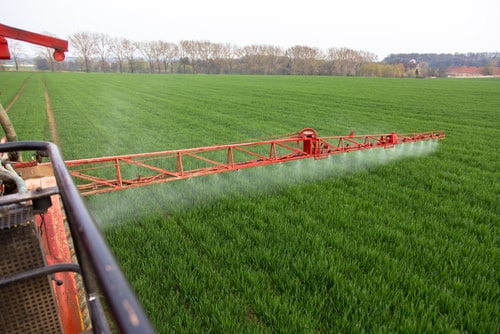Online mapping tool, DriftWatch, will be used
By Diego Flammini, Farms.com
In an effort to protect specialty crops in the state, the Kansas Department of Agriculture has developed a partnership with DriftWatch, an online mapping tool.
DriftWatch’s technology can show pesticide applicators crops that are already registered and allow farmers to make better decisions when deciding to spray. Applicators can also register their business area and receive emails when sensitive crops are added to their spray zones.
“Raising awareness of specialty crop locations can reduce the potential for pesticide drift, which can be extremely harmful for some sensitive crops. DriftWatch is one service that provides a benefit to both specialty crop growers and pesticide applicators,” Logan Brown, DriftWatch data steward for the Kansas Department of Agriculture said. “We strongly encourage everyone in the specialty crop and pesticide application industry to sign up for this technology.”
Currently there are 5,800 acres of crops in Kansas already registered with DriftWatch. Of those, over 1,600 acres are cotton and 542 acres are dedicated to cotton. The more information stored in DriftWatch’s system, the more that’s available for farmers.
People interested in registering with DriftWatch can do so by visiting their website.
When it comes to specialty crops in Kansas, they’ve seen a solid increase and the USDA is noticing.
Between 2007 and 2014, Kansas received between $100,000 and $240,000 annually in specialty crops grants, respectively. In 2015, Kansas is scheduled to receive more than $300,000.
Join the conversation and tell us if you will register with DriftWatch.

A tractor spraying a field